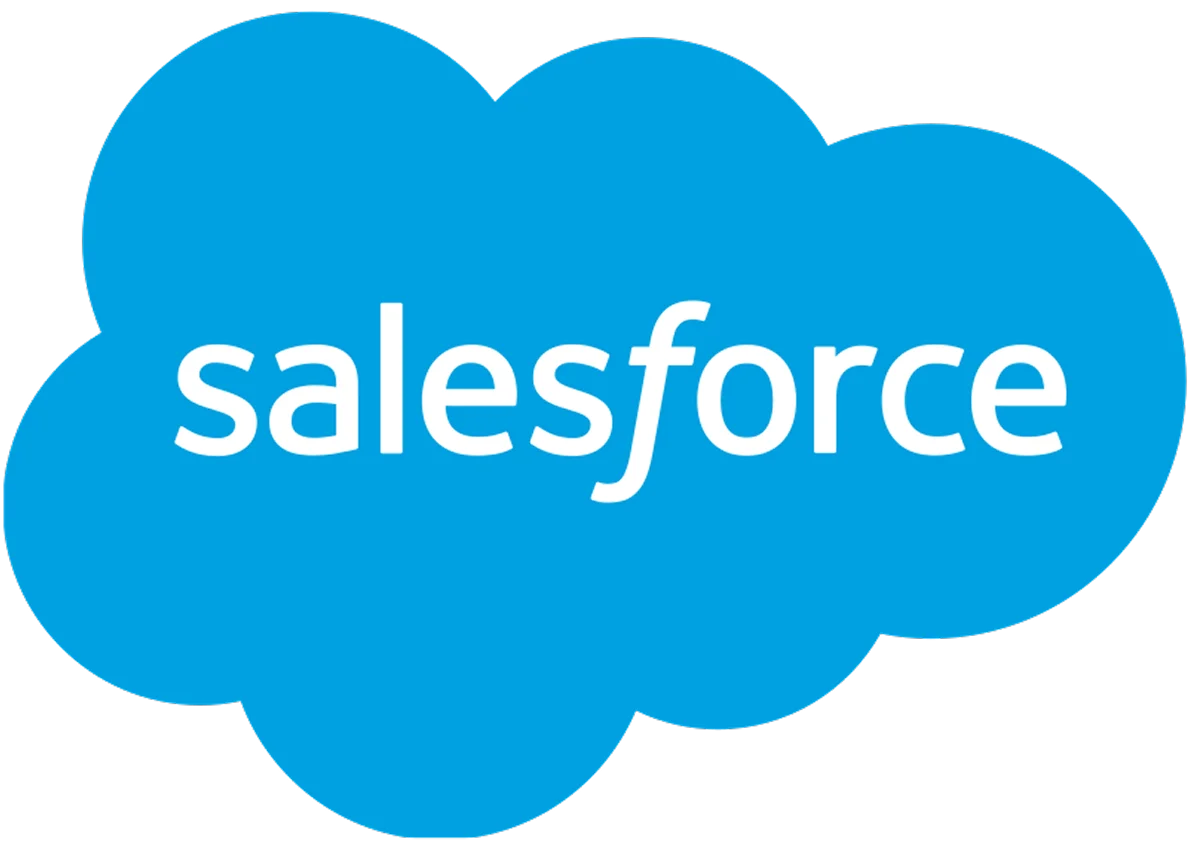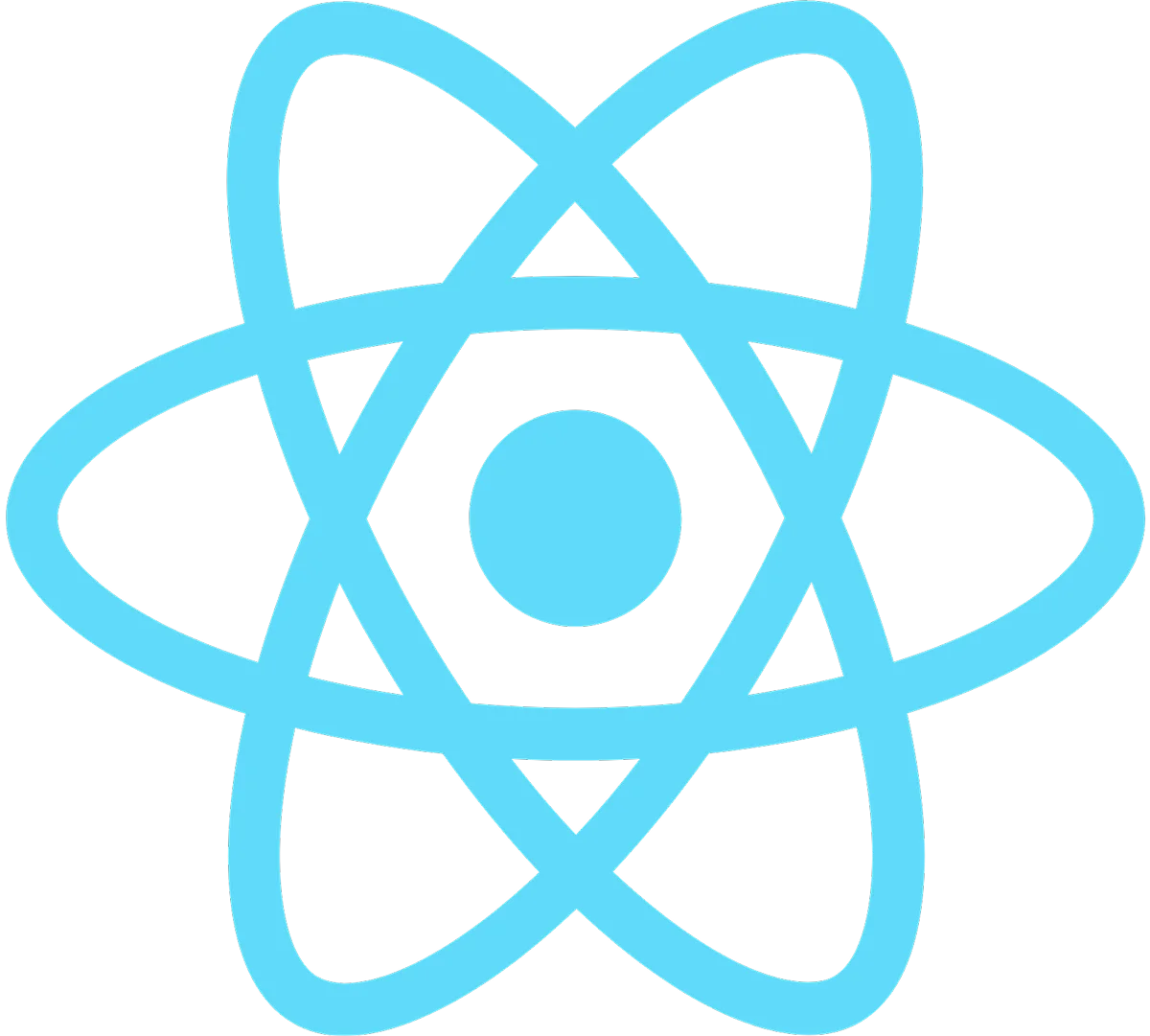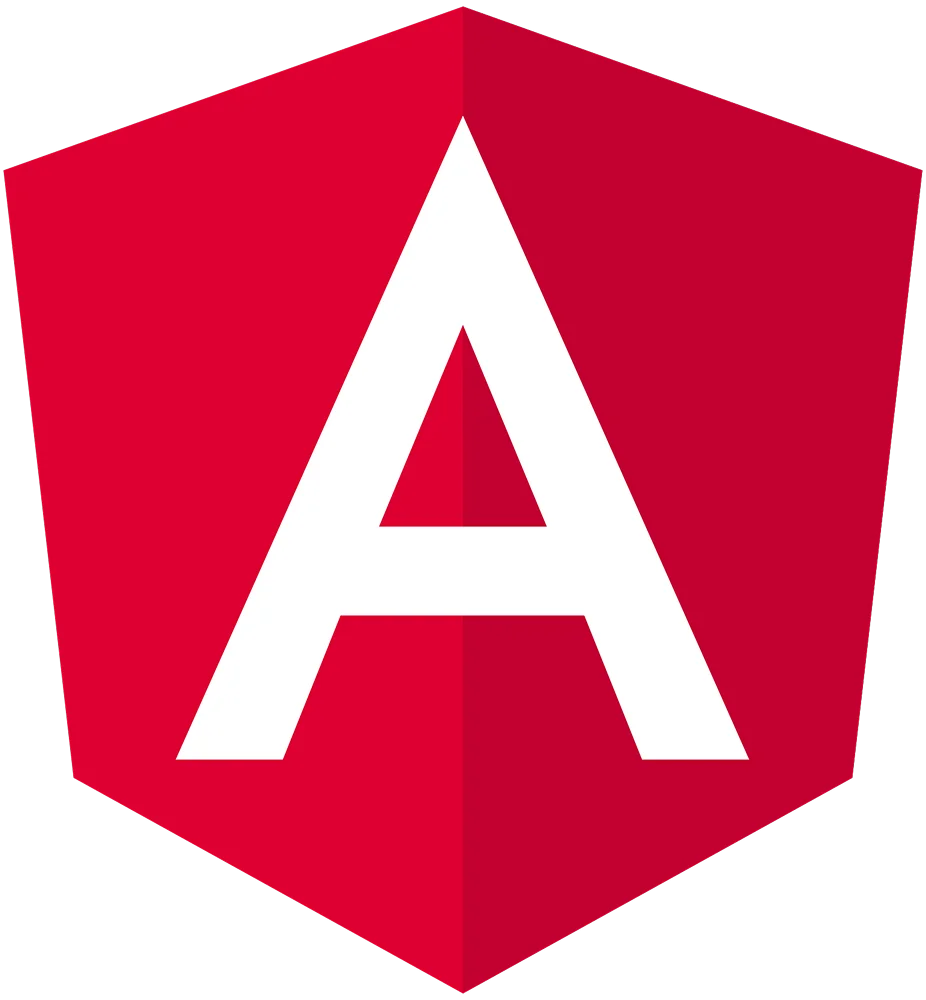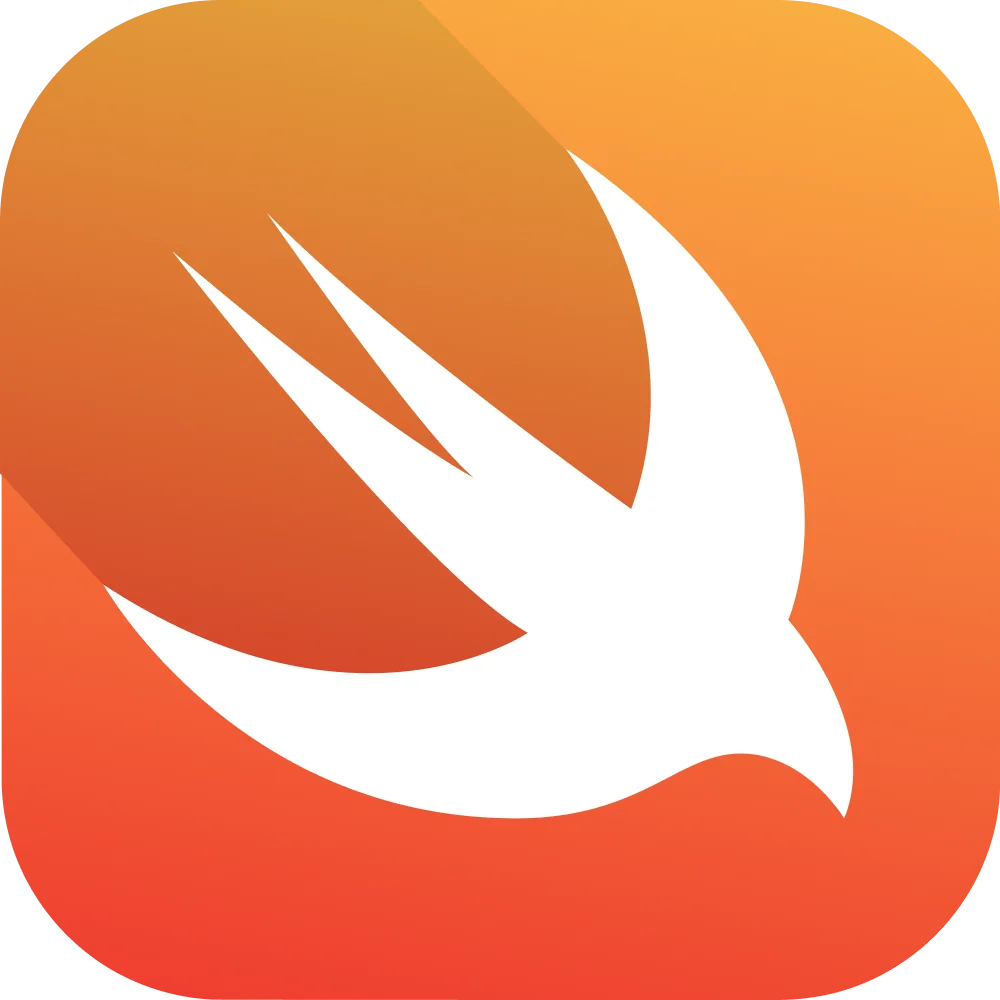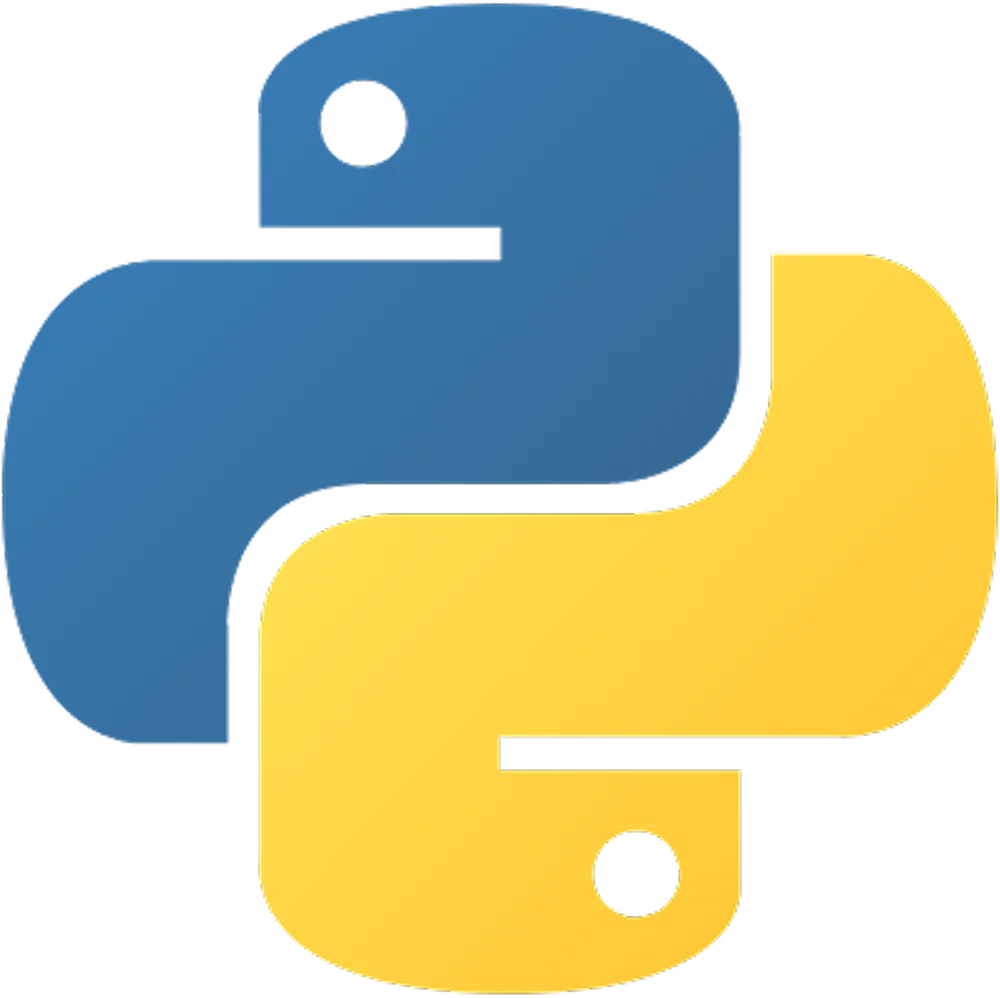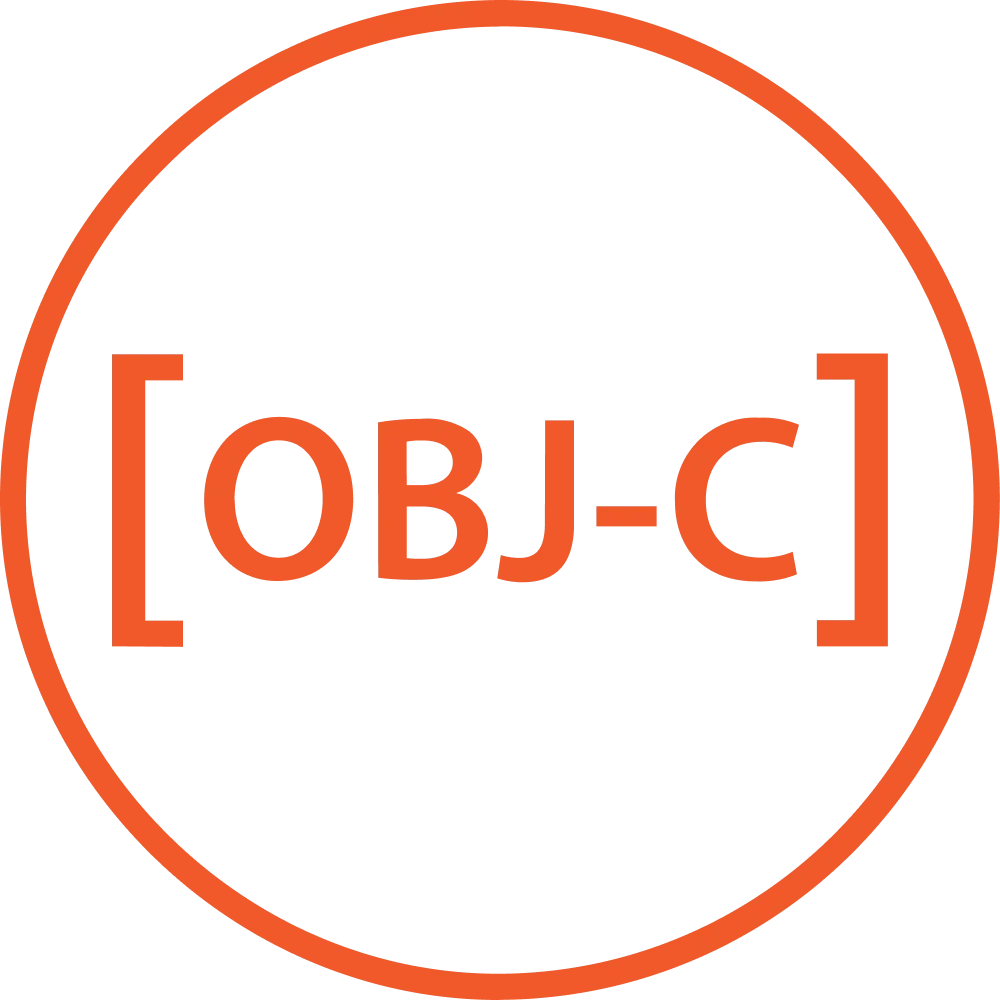Custom API Development & Modernization Consultancy Services
Our custom API development services
Custom API Development
Custom API Integration
API Modernisation and Optimisation
Our Tech Stack
Our Custom API Integration and Development Process
FAQ: Custom API Development & Integration Services in the UK
An Application Programming Interface (API) is used by software engineers to enable access from one app, system, or platform to another or to integrate different applications.
There are different types of APIs:
- Application APIs: Power apps like Google Maps, Facebook, Twitter, and LinkedIn
- Web APIs: Enable integrations for web-based platforms like Amazon and eBay
- Operating System APIs: Manage interactions with systems like POSIX (Linux/BSD) and Microsoft Windows API
- Database APIs: Allow applications to communicate with database systems
- Hardware APIs: Facilitate communication between software and physical devices
Software Library APIs: Expose functions and routines from software libraries for easier development
API integration services connect different software systems, tools, and platforms so they can share data, trigger actions, and work together automatically. Instead of manually moving information between apps, APIs handle communication behind the scenes, syncing customer data, processing transactions, updating records, and more.
API integration services focus on planning, building, and maintaining these connections so everything stays reliable, secure, and scalable as your business grows.
When a business owner builds his own API, he keeps full control over how his technology is used and accessed. Instead of distributing open-source libraries that expose the code, you can offer access through a secure web API, protecting your intellectual property while still monetising the functionality.
Building a custom API also opens the door to selling high-performance features, like machine learning models or advanced processing tools, to users who don’t have the heavy infrastructure to run them locally. With an API, customers can tap into powerful back-end systems straight from their everyday devices: no specialised hardware required.
Timelines of an API development directly depend on the project’s complexity, as well as how tangled your systems are and how well the project requirements are scoped. A clean, well-defined API can be built and integrated in a few weeks. If we’re connecting multiple legacy platforms or rebuilding broken workflows, expect a bit longer. River API will tell you the estimates upfront, not halfway through the project’s life cycle.
Yes. A lot of our API projects include stepping in after "it should have worked." We audit the code, diagnose the real issues (not just the symptoms), and either repair, refactor, or rebuild based on what’s smartest for your business, not what’s easiest for us.
Yes, you will get real documentation. No forgotten Notion pages, no half-filled Postman collections. You’ll get clear, updated docs that any competent developer can pick up six months from now without needing a 2-hour walkthrough.










